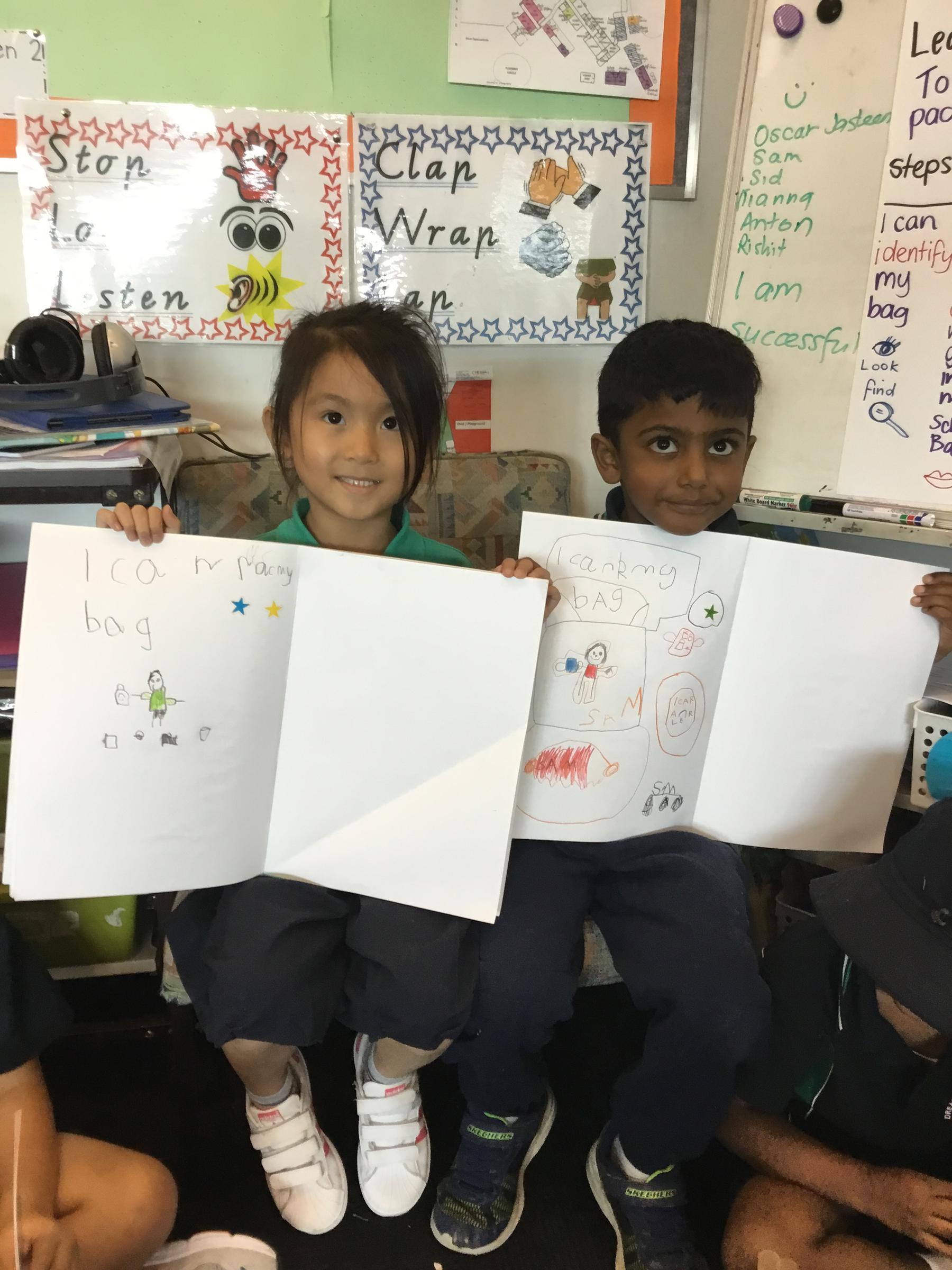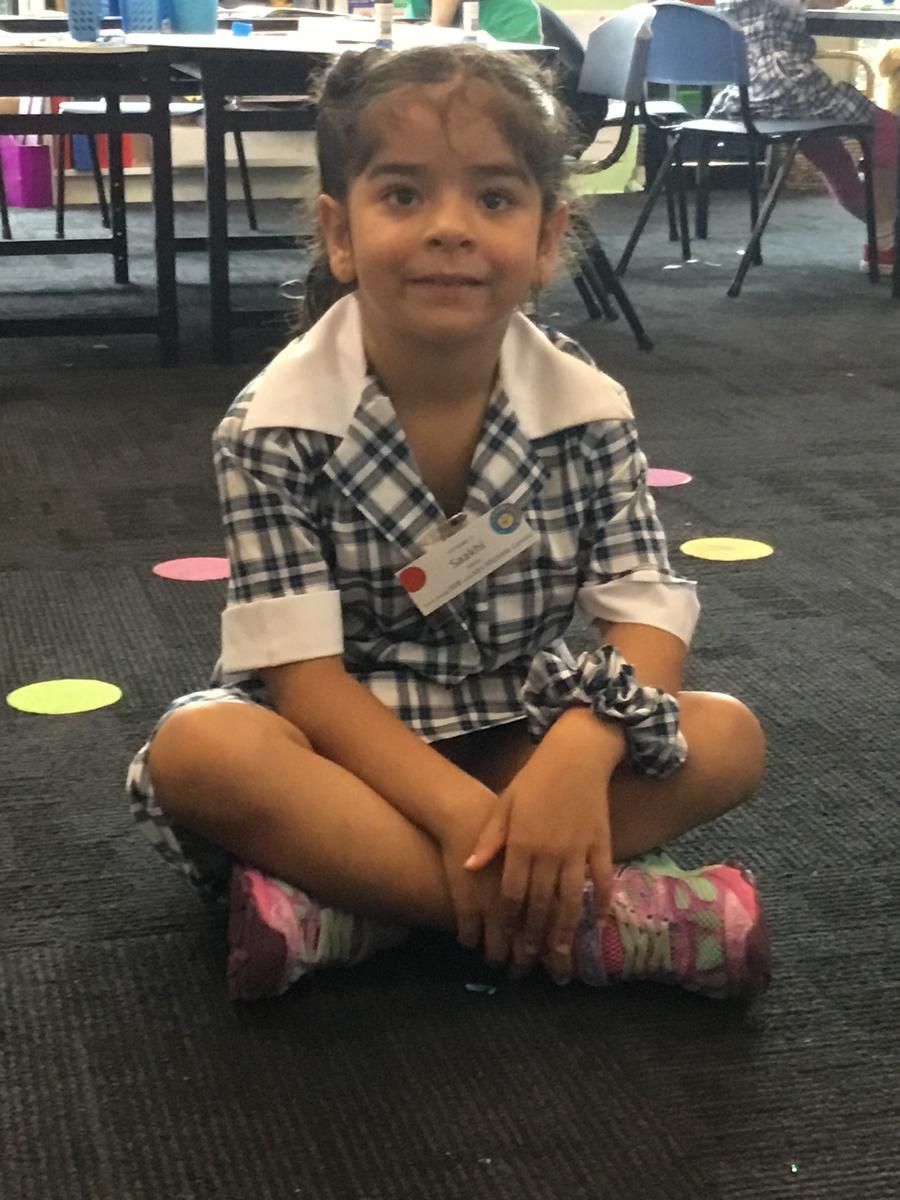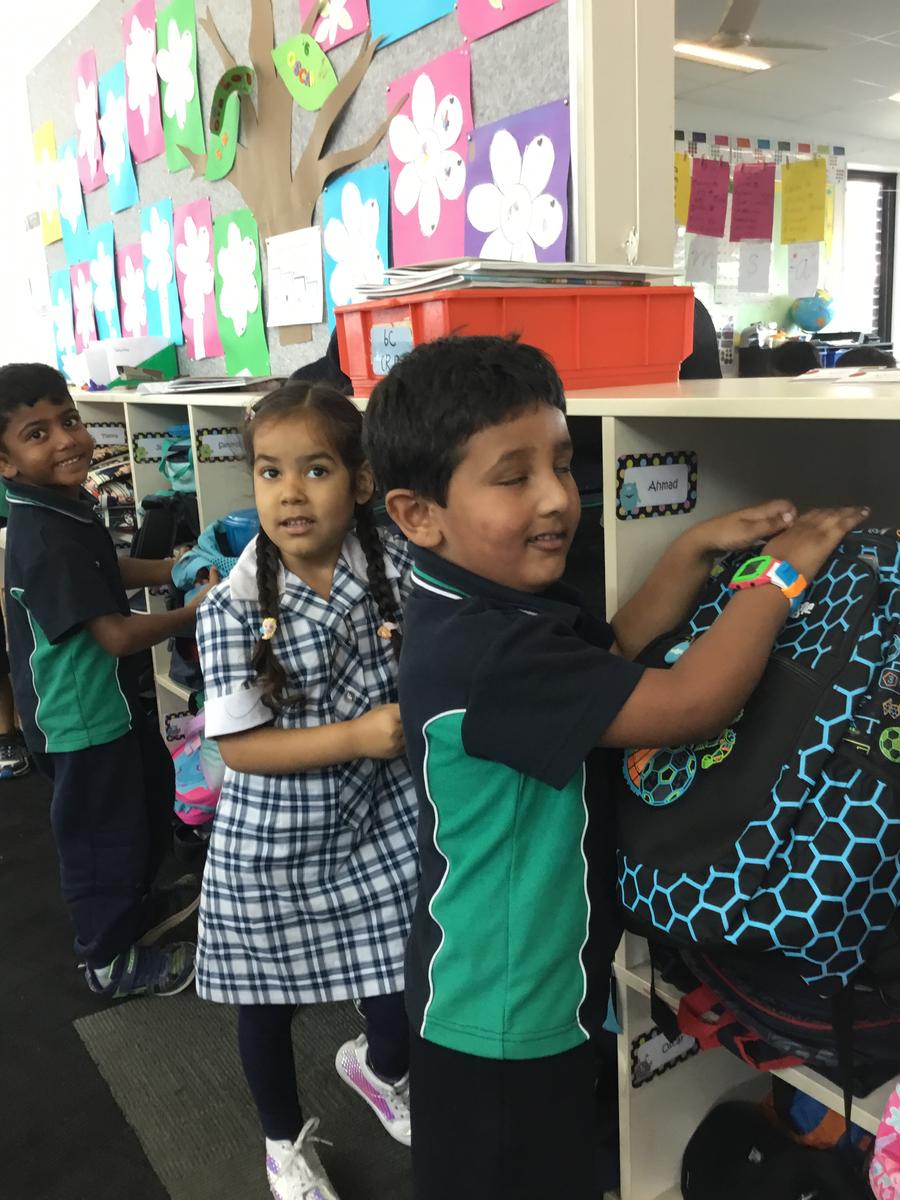Term 1 Curriculum

Reading
During Term One, students will commence the Whole School Approach to reading using the C.A.F.E. Reading Program. This program explicitly teaches strategies to build proficient readers, focusing on skills related to comprehension, accuracy, fluency and expanding vocabulary. This term students will focus on using the pictures to help them comprehend a text, summarising texts by sequencing the main events, as well as investigating the beginning, middle and ending sounds of words. Students will also be using the online Reading Eggs program. They can continue with this program at home by logging in using their login and password details distributed by their class teacher. In addition, students will engage in one to one reading conferences with their teacher to provide guidance and support with their personalised reading goals.
Some questions to support your child with Take Home Readers:
Before reading
*What do you think this book will be about? Why?
During reading
*Can you see any letters or words you know on the page? Show me.
*What is happening in the pictures?
After reading
* What happened in the story?
* How was the character feeling here? How do you know?
Real life application of Reading
* Questioning your child after viewing digital literacy such as a video.
For example, what happened in that video? Or Why do you think that
happened?
* Identifying known letters, words and images during daily outings such as at the supermarket.
Writing
This term, students will look closely at our Whole School Writing Program - VOICES.
V - Voice
O - Organisation
I - Ideas
C - Conventions
E - Excellent Word Choice
S - Sentence Fluency
They will explore VOICES through a variety of methods including ideas, structure and open choice writing. Students will investigate the purpose of an author and have the opportunity to create their very own texts. During explicit mini lessons they will look at letters and identify the different sounds they make to produce words. Students will be learning to write Victorian Modern Cursive script at school. Various learning tasks can support the development of fine motor control for hand writing, such as play-dough, threading and tracing.
Some tips for writing with your child at home:
· Write for authentic purposes with your child. For example, students could write cards, shopping lists and messages.
· Ask your child to draw a picture and then do some writing about it that connects to the visual.
· Support your child to read their writing out loud or describe their pictures.
Mathematics
In Mathematics, Preps will be exploring numbers through hands on materials, also known as concrete materials. We are learning to write, sequence and recognise numbers in our environment and connect quantities to each value. Many learners will have already engaged in teacher and student one-on-one conferences, where we have further identified an individual Mathematics learning goal. Learner’s goals align with the whole school approach, utilising the SURF Proficiency Framework (Problem Solving, Understanding, Reasoning and Fluency) to build on their developing skills.
Through thought provoking Math’s Talks, Preps will explore the concepts of Data and Time through Reasoning, by explaining, proving and comparing. You will see learners investigate a whole class birthday graph, connecting the birthdays of themselves and their peers with values to develop their understandings and reasoning skills.
What you can do at home:
- Talk to your child about the numbers they see around them (signs, clocks, phone numbers, calendars). This helps them read numbers and connect their purpose of learning at school to the real world.
- Practice counting objects- anything you have around the home or out an about. Ask ‘How many?’ and ‘How many are there if I have one less?’
- Discuss with your child the positions of objects using language such as, above, beside, below, on and so on.
Social and Emotional Learning
During Term One, Prep students have explored ‘how to be a respectful friend’ by speaking respectfully to one another and learning how to ask someone to play with them. This is the beginning of your child’s self-regulation journey at Glen Waverley Primary School. As a Prep team, we define self-regulation as students displaying self-awareness, understanding their emotions and verbalising strategies that may suit that particular moment.
Tips to develop self-regulation at home:
Surface
· Support students to put their own lunch box in their school bag
· Encourage your child to carry their own school bag
Deep
· Ask your child “What went well at school today?” when they finish their school day
Inquiry
This term learners will explore the topic ‘Who am I?’, through the Global Goal lens of Good Health and Well-Being. They are connecting friendships and their classroom to wellbeing and belonging to our school community and how to be a learner. Students are learning about eating healthily, how to be safe at school and how to take care of themselves through independence, hygiene and respectful friendships.




